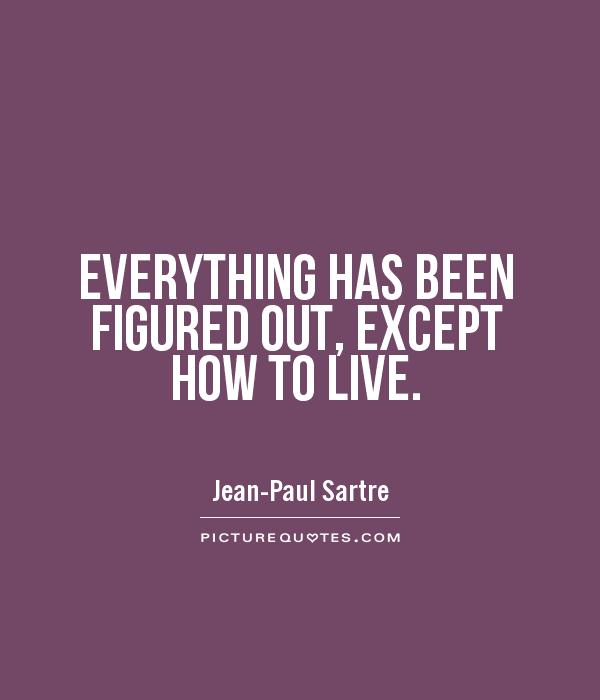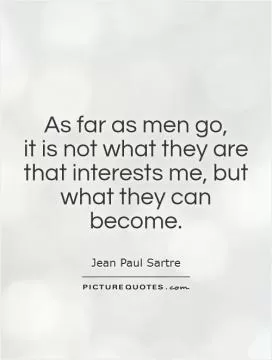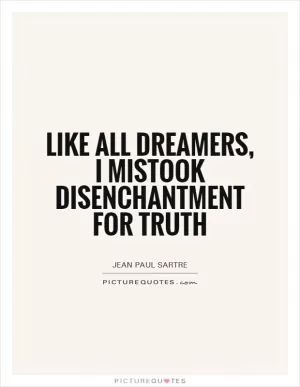EVERYTHING HAS BEEN FIGURED OUT, EXCEPT HOW TO LIVE

EVERYTHING HAS BEEN FIGURED OUT, EXCEPT HOW TO LIVE
Jean-Paul Sartre, the renowned French philosopher, playwright, and novelist, once famously said, "Everything has been figured out, except how to live." This profound statement encapsulates the essence of existentialism, a philosophical movement that Sartre is often associated with. In the context of Sartre's words, it can be interpreted as a reflection on the human condition and the struggle to find meaning and purpose in a seemingly indifferent and absurd world.Sartre believed that human existence is characterized by a fundamental sense of freedom and responsibility. Unlike other animals, humans are not bound by instinct or predetermined nature; instead, we are free to make choices and create our own meaning in life. However, this freedom also comes with a heavy burden of responsibility. Sartre famously stated, "Man is condemned to be free," meaning that we are ultimately responsible for our actions and the consequences that follow.
In the face of this existential dilemma, Sartre argued that many people turn to external sources of authority or meaning to alleviate their anxiety and uncertainty. Religion, societal norms, and cultural values are often used as crutches to provide a sense of security and purpose. However, Sartre believed that this was a form of self-deception and inauthenticity. True freedom, according to Sartre, comes from embracing the absurdity and uncertainty of existence and taking full responsibility for our choices.












 Friendship Quotes
Friendship Quotes Love Quotes
Love Quotes Life Quotes
Life Quotes Funny Quotes
Funny Quotes Motivational Quotes
Motivational Quotes Inspirational Quotes
Inspirational Quotes